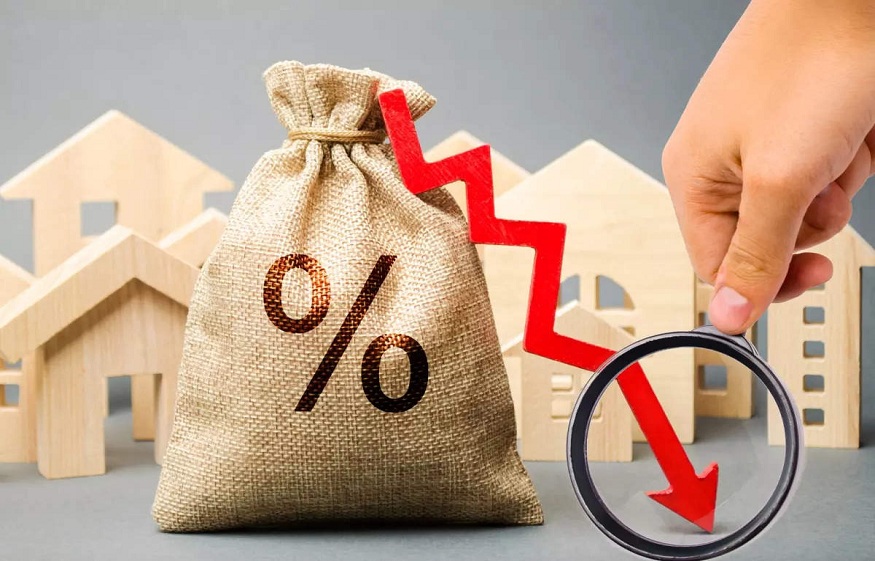Rising mortgage rates affect homeowners and future buyers, but not in the same way. In any case, it is important to understand the impact of this increase for your budget.
When mortgage rates go up, it’s natural to wonder how you’ll be affected financially. The impact of rising mortgage rates will vary depending on whether you already own a home or are looking to buy one.
Impact of rising rates for owners
If you already own a home, the type of mortgage you choose will affect how you will be affected by a rate hike. Homeowners with a conventional fixed rate mortgage will likely not feel any immediate impact from a rate hike. However, when the time comes to renegotiate their mortgage, they could end up with a higher rate.
Homeowners with variable rate mortgages are more likely to feel the impact of rising rates. The interest rate of such a mortgage is indeed linked to a reference index, the prime rate. If your bank raises its interest rates (based on the Bank of Canada’s prime rate), your mortgage rate will also rise.
If your loan rate and payments are variable, this may result in larger payments . If your loan is at a variable rate, but with fixed payments, your payments do not change, but a larger part is allocated to interest, at the expense of the principal. When renewing your loan, your remaining balance may be higher than you expected.
The impact of rising rates for buyers
Thinking of buying a house? So it’s important to understand what can impact your mortgage rate. The interest rate you are offered for a mortgage depends on several factors:
The term of the mortgage loan
A rise in mortgage rates can affect the cost of a mortgage loan. This is important, since a rise in interest rates can have a direct impact on how much you can afford to pay for a home. Even a 1% difference can mean an increase of several hundred dollars in your monthly payments. If rates stay high, you could be paying thousands more in interest over the life of your mortgage.
Minimize the impact of rising mortgage rates
Your initial situation will determine the approach to take in the face of rising mortgage rates. If you already own a home, your decision will generally depend on the type of your mortgage.
If you have a fixed rate mortgage, you can afford to wait and see how things turn out. Mortgage rates fluctuate up and down depending on the decisions of the Bank of Canada. For example, if you’re in year three of a five-year mortgage, rates may have gone down when you renew.
If, on the other hand, you have a variable rate mortgage, your rate may increase. Depending on whether your loan is fixed or variable, your monthly payments are also likely to increase. If your payments are fixed, it might be a good idea to make additional principal payments to avoid ending up with too much of a balance at renewal time.
If you want to buy a house, an improvement in your credit score could help you get a lower mortgage rate. You can also lower your monthly payments (and the amount you pay in interest) by increasing your down payment. You can test different down payment scenarios using the Mortgage Borrowing Capacity Calculator , which will give you a better idea of how much you can afford.












+ There are no comments
Add yours